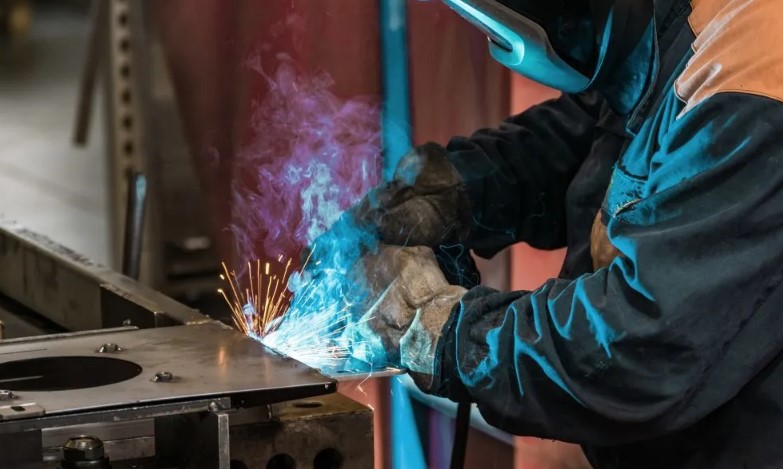How Smart Engineering Partnerships Transform Industrial Performance

Managing industrial operations in today’s regulatory environment requires a fundamental shift in how we approach engineering challenges. Over my 20-year career overseeing operations at various industrial facilities, from chemical plants to aerospace manufacturing, I’ve learned that success depends on having the right engineering support before problems arise, not after they’ve already impacted production and profitability.
Complex Problems Demand Cross-Disciplinary Solutions
The complexity of modern industrial operations demands specialized expertise across multiple disciplines. Environmental compliance, process optimization, infrastructure maintenance, and safety management can’t be treated as isolated concerns. They’re deeply interconnected, and solving them requires comprehensive engineering solutions delivered by teams with deep industry knowledge and cross-disciplinary experience.
Why General Contractors Can’t Solve Industrial-Scale Challenges
Consider the typical challenges facing industrial facilities today: aging infrastructure, evolving environmental regulations, energy efficiency requirements, workplace safety mandates, and the constant need for operational reliability. These aren’t problems you can solve with general contractors or basic engineering services.
They require engineering specialists who understand the intricate intersection of industrial processes, regulatory compliance, and operational economics, and who can engineer solutions that protect productivity and profitability.
Environmental Engineering Is Now a Core Operational Discipline
Environmental engineering has become especially critical in industrial operations. Discharge limits, soil and groundwater protection, air quality standards, and hazardous waste management all impose operational constraints that must be considered during planning, not afterward.
Facilities that integrate environmental considerations into their foundational planning don’t just stay compliant; they gain a competitive edge by avoiding costly disruptions and reputational risk.
Process Optimization Must Balance Throughput and Responsibility
Process optimization is more than an efficiency exercise. It’s about delivering measurable improvements in output, energy usage, safety, and environmental impact—all at once. I’ve seen optimization efforts boost throughput by 15% while reducing energy consumption and waste, but only when led by engineering teams fluent in both process chemistry and mechanical systems.
Water Management Is No Longer Just a Utility Concern
Industrial water management is a complex, engineering-intensive field. Facilities require customized treatment systems, wastewater management plans, and often water recycling strategies that meet both regulatory and operational demands.
In regions facing water scarcity, water efficiency has become a core strategic priority. Achieving it requires engineering expertise that extends far beyond municipal systems, encompassing industrial processes, treatment technology, and long-term system resilience.
Power Infrastructure: The Industrial Backbone That Can’t Fail
Power and energy systems in industrial facilities face unique demands. From load balancing to process continuity and equipment protection, industrial power infrastructure must be engineered with safety, reliability, and future scalability in mind.
Increasingly, this includes integrating renewable energy systems and storage technologies, adding further complexity that only specialized industrial electrical engineers can manage effectively.
Safety Engineering: Preventing Risk at the Source
Modern industrial safety is not just about protocols; it’s about engineering. Process safety management, emergency response planning, and hazard mitigation must be designed into operations from the ground up.
Facilities that succeed in reducing risk and maintaining productivity do so by integrating safety into system design, not layering it on after issues arise.
Maintenance Engineering: Planning for Longevity and Uptime
Maintenance has evolved far beyond routine inspections. Predictive maintenance, condition monitoring, and lifecycle asset management are now critical to avoiding downtime and maximizing ROI on capital investments.
The best-performing facilities I’ve worked with had proactive maintenance strategies developed by engineers who understood both the production processes and the data-driven technologies that now underpin modern asset management.
The Bottom Line: Proactive Engineering Delivers Measurable Value
The most successful industrial operations I’ve managed shared one trait: they invested in engineering support before it was needed. Whether for environmental compliance, system upgrades, process improvements, or safety, proactive engineering reduces operational risks, prevents costly failures, and ultimately improves long-term profitability.
Emergency fixes may put out fires, but it’s strategic engineering partnerships that keep the plant running smoothly in the first place.






